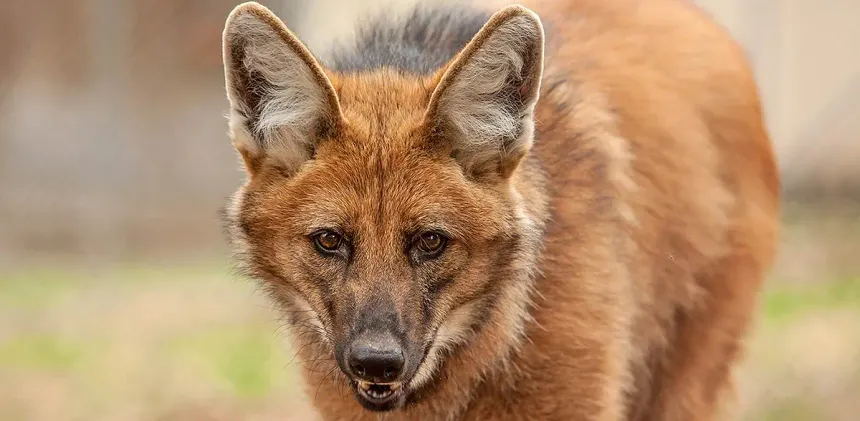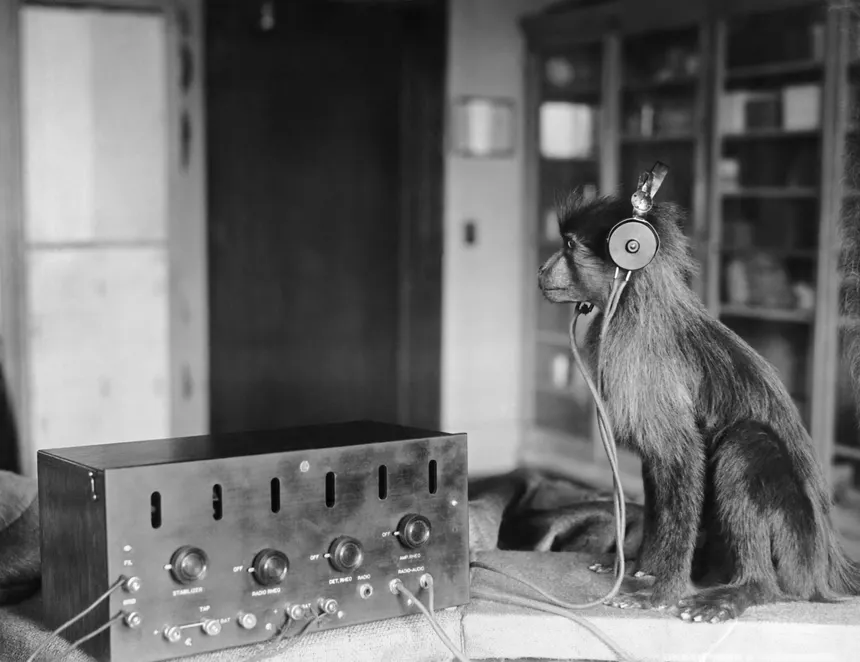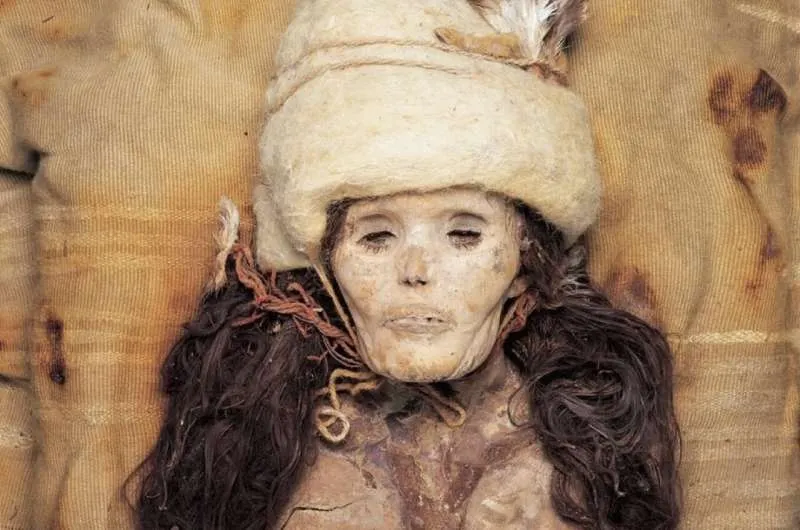“Junko Tabei: The First Woman to Conquer Everest and Shatter Altitudes and Attitudes”
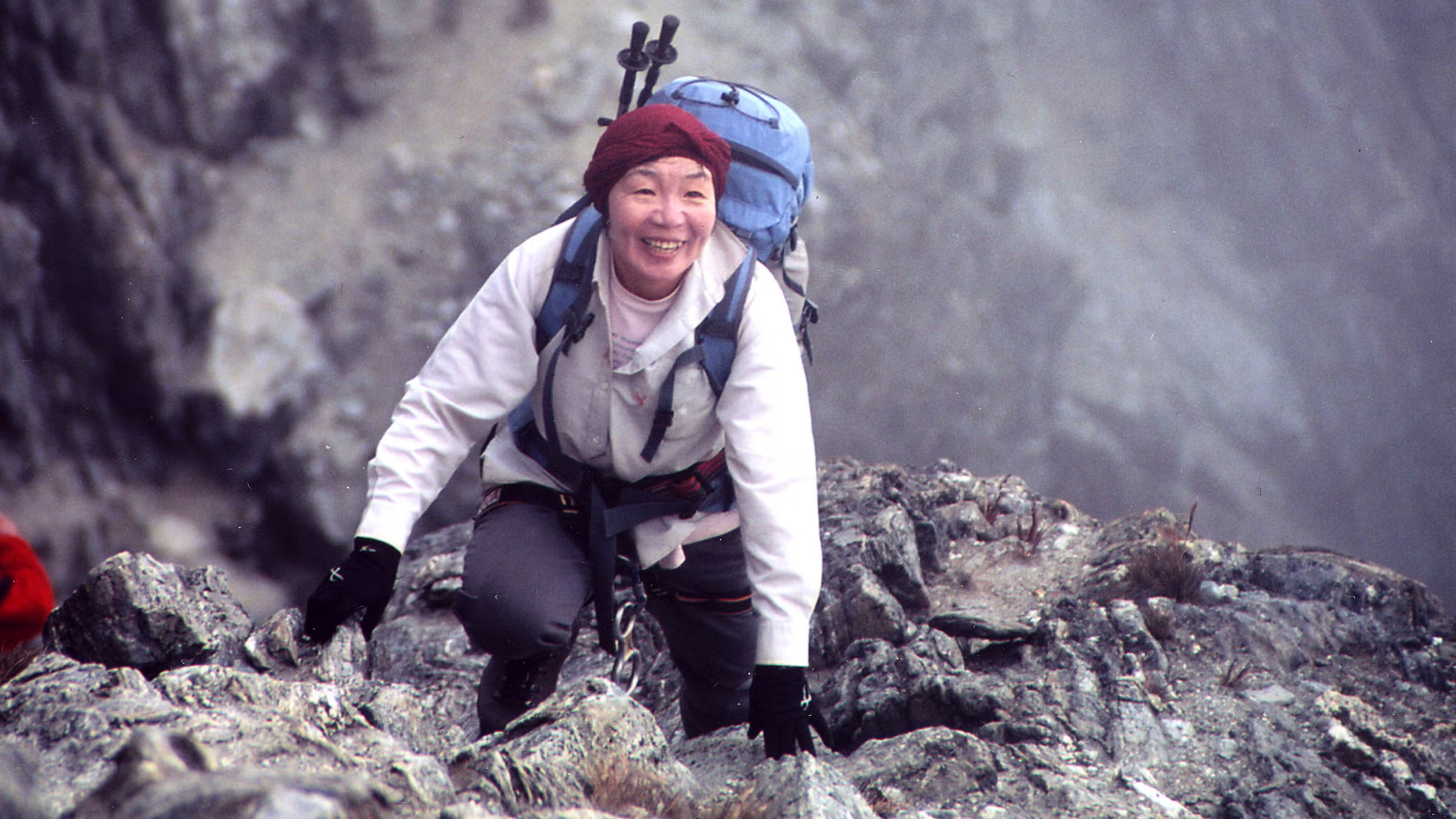
On May 16, 1975, Junko Tabei, a soft-spoken mountaineer from Japan, became the first woman to reach the summit of Mount Everest, the world’s tallest peak. Her achievement not only broke records but also defied deeply rooted gender norms, both in mountaineering and Japanese society. Tabei’s triumph was not just a solitary ascent—it was a symbol of perseverance, courage, and equality.
Early Life and Love for the Mountains
Junko Tabei was born on September 22, 1939, in Miharu, Fukushima Prefecture, Japan, into a modest family. From a young age, she showed an interest in nature and the outdoors. A school trip to Mount Nasu at age 10 sparked a lifelong passion for climbing.
Despite her fascination with mountains, Japan in the 1950s and ’60s was steeped in traditional views. Climbing was seen as a man’s pursuit, and women were often discouraged or outright excluded. Tabei’s quiet determination, however, proved stronger than societal pressure.
Facing Obstacles: Climbing in a Man’s World
Tabei earned a degree in English and American literature but spent her free time scaling peaks. She joined climbing clubs, though many men saw her as either a nuisance or novelty. Often, she was told to stay home and raise children, and sponsors would refuse to support female expeditions.
In response, she formed her own organization: the Joshi-Tohan Club (“Ladies Climbing Club”) in 1969. Their motto:
“Let’s go on an overseas expedition by ourselves.”
Tabei and her all-female climbing team defied cultural expectations by organizing and executing their own expeditions across Asia.
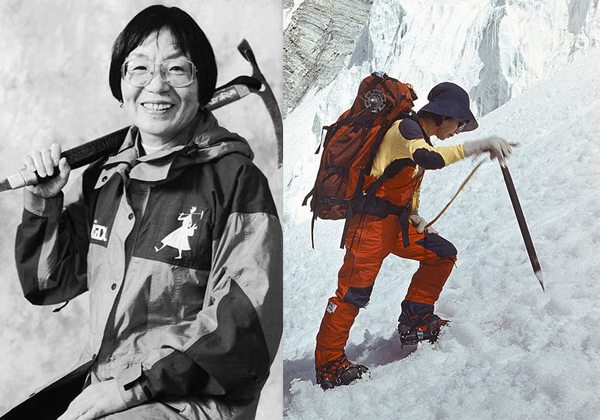
The Everest Expedition of 1975
In 1975, Tabei led a 15-member Japanese Women’s Everest Expedition, the first of its kind. The team faced financial and social hurdles. They had to raise funds through newspaper donations, personal savings, and even sewing their own climbing gear.
Backed by the Yomiuri Shimbun newspaper and Nippon Television, the group joined the traditional southern route via Nepal. Their climb, however, was anything but easy.
Avalanche and Survival
On May 4, while camping at 6,300 meters, their site was hit by a massive avalanche. Tabei was buried under snow and unconscious for six minutes. She was dug out and injured—but refused to give up.
Just 12 days later, on May 16, with the help of Sherpa Ang Tsering, Tabei reached the summit of Everest. She became the first woman in history to stand on the world’s highest peak—an ascent made all the more astonishing by the physical and psychological trauma she had just endured.
Life Beyond Everest
Tabei never viewed herself as a celebrity or sought the spotlight. In fact, she often bristled at being called “the first woman” to do anything. For her, climbing wasn’t about gender—it was about passion, challenge, and connection to nature.
Still, her Everest success opened doors. She went on to:
- Become the first woman to climb the Seven Summits (the highest peak on each continent) in 1992.
- Climb over 70 major mountains across 60+ countries.
- Earn a master’s degree in environmental science and advocate for ecological protection of mountains, especially Everest, which she returned to multiple times to assess pollution and garbage.
Personal Philosophy and Advocacy
Tabei’s mountaineering legacy was built on quiet persistence rather than bravado. She once said:
“I never felt that I was competing against anyone. I just went on climbing, driven by curiosity.”
She became an advocate for women’s equality in sports, founded mountaineering clubs for women and children, and organized climbs for cancer survivors.
Even when diagnosed with stomach cancer in 2012, she continued to climb, refusing to let her illness stop her from exploring the mountains she loved.
Legacy and Death
Junko Tabei passed away on October 20, 2016, at the age of 77, leaving behind a legacy as a trailblazer, teacher, and tenacious spirit. In 2019, Japan honored her with a Google Doodle and a national moment of recognition. She is remembered not only for her record-breaking feats but also for changing how the world viewed women in adventure.
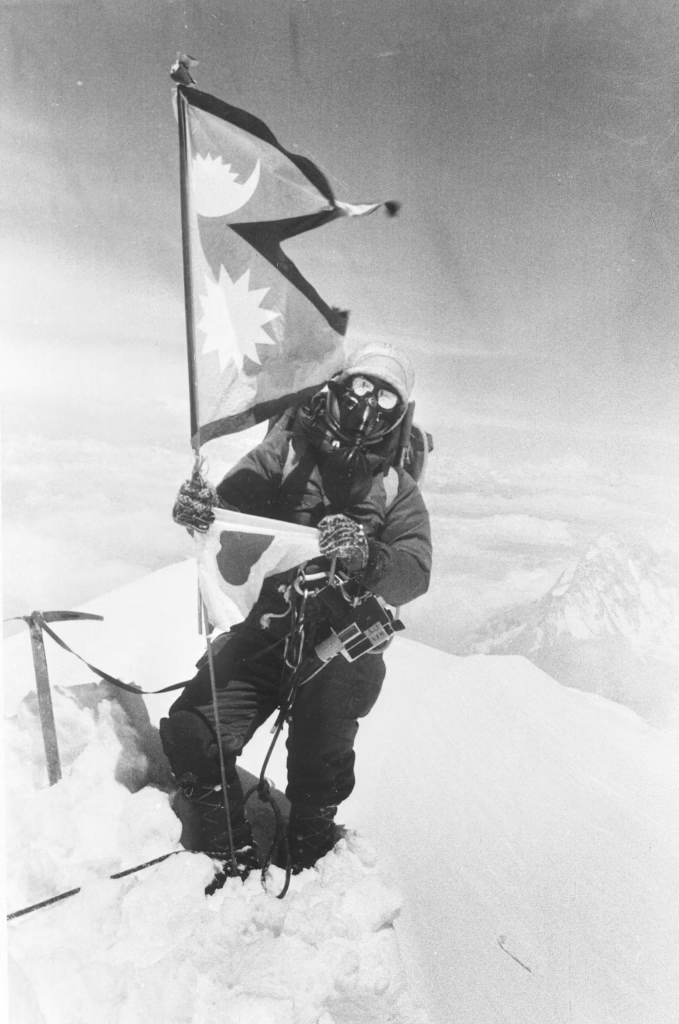
Conclusion
Junko Tabei’s journey to the top of Everest was a story of grace under pressure, strength in the face of tradition, and quiet revolution. Her life is a testament to the idea that the highest peaks are not always mountains—sometimes, they are the barriers we break through just by daring to climb.



